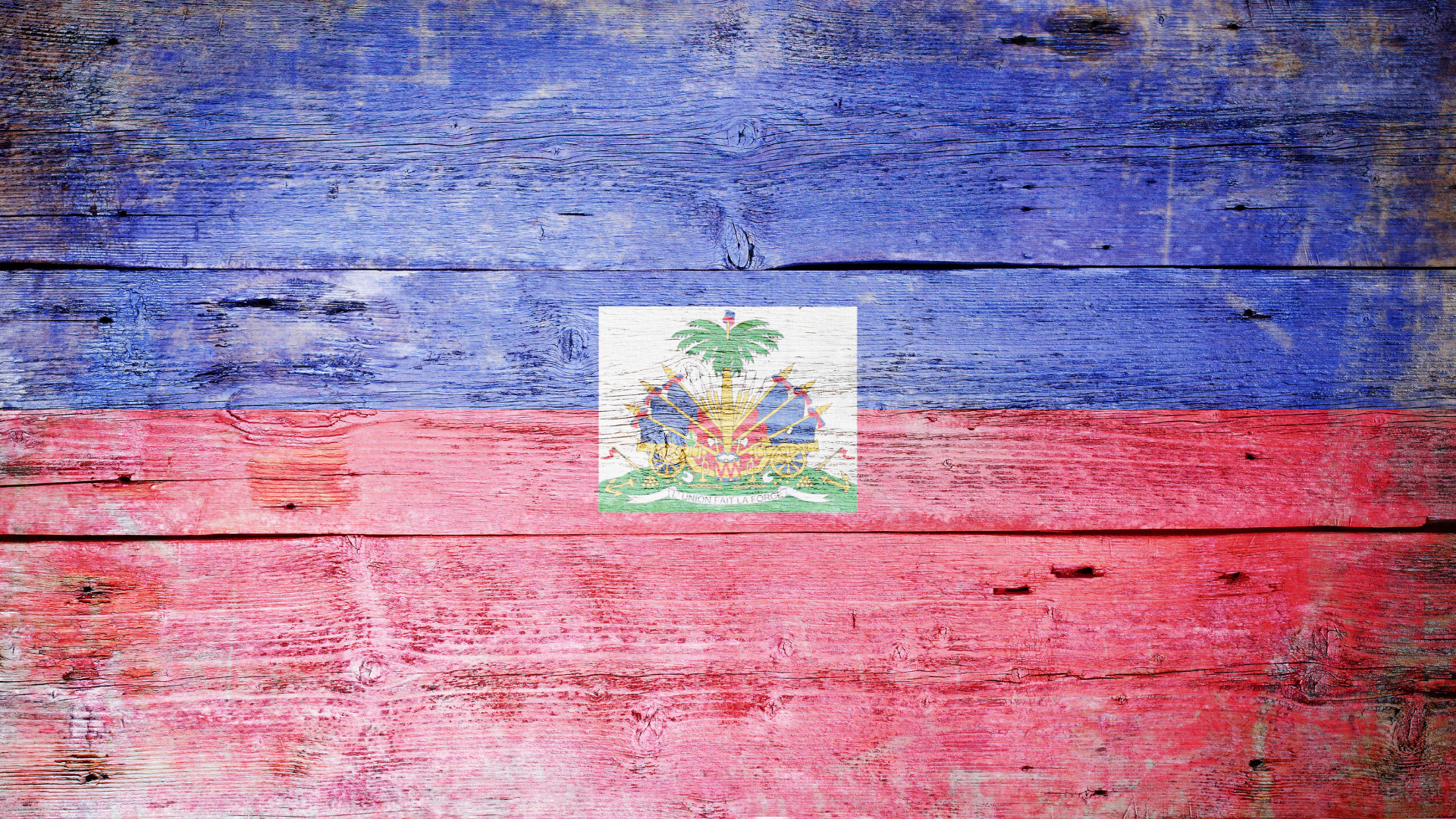Date first published: 22/07/2021
Key sectors: all
Key risks: political instability; violent unrest; deadly clashes; crime; kidnap and ransom
Risk development
President Jovenel Moise was shot dead in his private residence on 7 July. Just over two weeks after the assassination, the exact details on the perpetrators, including their motives, remain to be confirmed.
Local authorities disclosed that an armed commando of at least 26 Colombian mercenaries – who reportedly found no resistance from the president’s security personnel – took part in the killing. Three were killed in subsequent operations, 18 were arrested and five remain at large, as do at least five Haitian nationals believed to have been involved in planning the murder. Six civilians – some of whom are dual United States (US) – Haitian nationals – and two Haitian police officers were also arrested.
Moise’s killing created a power vacuum that will exacerbate longstanding governance deficiencies, widespread instability, insecurity and the populace’s overall lack of trust in severely weakened state institutions.
Why it matters
The coordinated attack against the president, who had myriad enemies, worsened the country’s dire prospects of securing a certain degree of political stability. Moise had finally recently scheduled long delayed legislative and presidential elections for 26 September – in which he would at least in theory not run – and had appointed a new prime minister just two days before being killed. The first of several key questions is arguably linked to the timing and the ultimate motive of the killing.
The power vacuum is intrinsically linked to a legitimacy crisis which leads to the second key question: who is better placed to restore public order and lead the electoral process? A fierce power struggle will take place, with some already arguing that it could take even over a year to organise the elections in the current context and others pushing for them to take place as planned.
Third key question: how long would a weakened government be able to stand before elections take place? With gangs reportedly controlling around one third of Haiti’s territory and criminality and unrest risks on the rise, further delays in establishing a credible and legitimate political authority would further push the country towards becoming a failed state.
Background
Violence, coups, autocracies, instability, criminality and lack of strong institutions are not new to Haiti. The fact that Claude Joseph, who was interim prime minister when Moise was killed, accepted to step down to allow Ariel Henry – whom Moise had appointed as the next prime minister prior to the attack –take over the country’s leadership on 20 July can be seen as a positive development. The potential rift between Joseph and Henry would have further complicated matters. The so-called Core Group –ambassadors from Canada, Germany, Brazil, Spain, the US, France and the European Union (EU) and United Nations (UN) and Organization of American States (OAS) representatives, explicitly supported Henry. They had also supported Moise’s electoral calendar and, although direct foreign intervention so far remains off the table, international pressure and support for the electoral process will be crucial, albeit not sufficient, to ensure its feasibility.
Risk outlook
Overall security risks will continue to rise at least in the short and medium term. Gangs, which the security forces struggle to control, are the most likely benefactors from the heightened political turmoil. The lack of strong, locally recognised legitimate institutions capable of addressing the multiple crises facing the country will propagate violent unrest.

